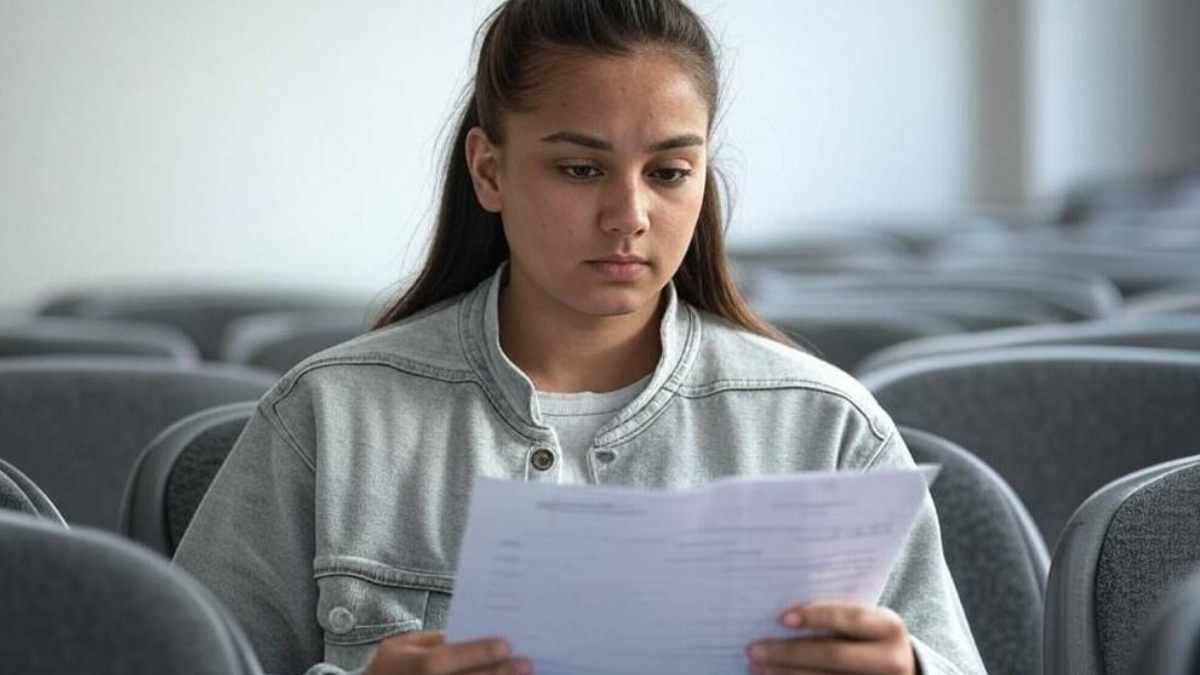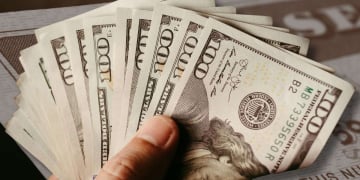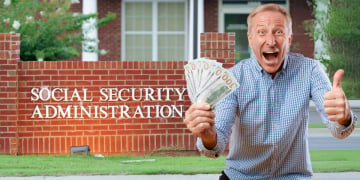As the new year unfolds, federal student loan borrowers who have missed payments or entered default might begin to experience adverse effects on their finances. The government-initiated pauses on payments and collections have previously spared those in default from the severe repercussions of missed student loan payments. However, with the conclusion of these relief measures, borrowers could now face challenges such as negative credit marks and other financial difficulties.
The influence of debt on the overall economic well-being of Americans significantly affects their approach to repaying student loans. According to the Education Data Initiative: 51% of renting student borrowers have postponed purchasing a home due to student loan debt. Furthermore, Among homeowners, 29% delayed their home purchases because of student loan obligations.
Critical Information for Student Borrowers
Furthermore, the study highlights that Americans have adjusted their expectations in various aspects of life, like launching businesses or buying vehicles, due to the burden of student loan debt. President Joe Biden addressed the nation at the Department of Labor just last month. As the Biden-era student loan pause is set to conclude in 2025, many individuals might soon face the daunting reality of negative marks on their credit reports and other financial challenges.
The Student Loan Borrower Assistance program from the National Consumer Law Center warns that, “The government has the authority to garnish your wages, seize your federal tax refunds, and even deduct a portion of your Social Security benefits to recoup outstanding student loan debt.”
These scenarios are just a few of the potential consequences that borrowers in default might encounter in the upcoming year. With inflation being one of the most pressing issues in today’s economy, borrowers will need to juggle this alongside the resumption of student loan payments and possibly addressing past defaults.
Voices From the Students Community
“The recurring theme, despite never having had a student loan myself, appears to be widespread confusion,” shared Kevin Thompson, a finance expert and founder/CEO of 9i Capital Group, in a conversation with Newsweek. “Many borrowers are uncertain about their eligibility for loan forgiveness. Some are paying just enough to qualify for forgiveness, while others are hoping their balances will simply disappear.”
As the landscape of student loans continues to evolve, staying informed and prepared is more crucial than ever for borrowers navigating this complex financial terrain. In a world where financial planning can be as unpredictable as the weather, the impact of uncertainty on major decisions, like purchasing a home, cannot be overstated. According to Thompson, this element of unpredictability plays a crucial role in shaping financial strategies.
What Lies Ahead for Borrowers
For those holding private student loans, the landscape looks quite different. These borrowers find themselves ineligible for federal student loan forgiveness or any other assistance programs provided by the U.S. government. Unfortunately, those who have defaulted on private loans might not experience significant changes in how lenders pursue repayment.
On the other hand, individuals with federal student loans have been able to enjoy pauses and reliefs offered by the government. However, they should prepare for possible adjustments starting in early 2025.




